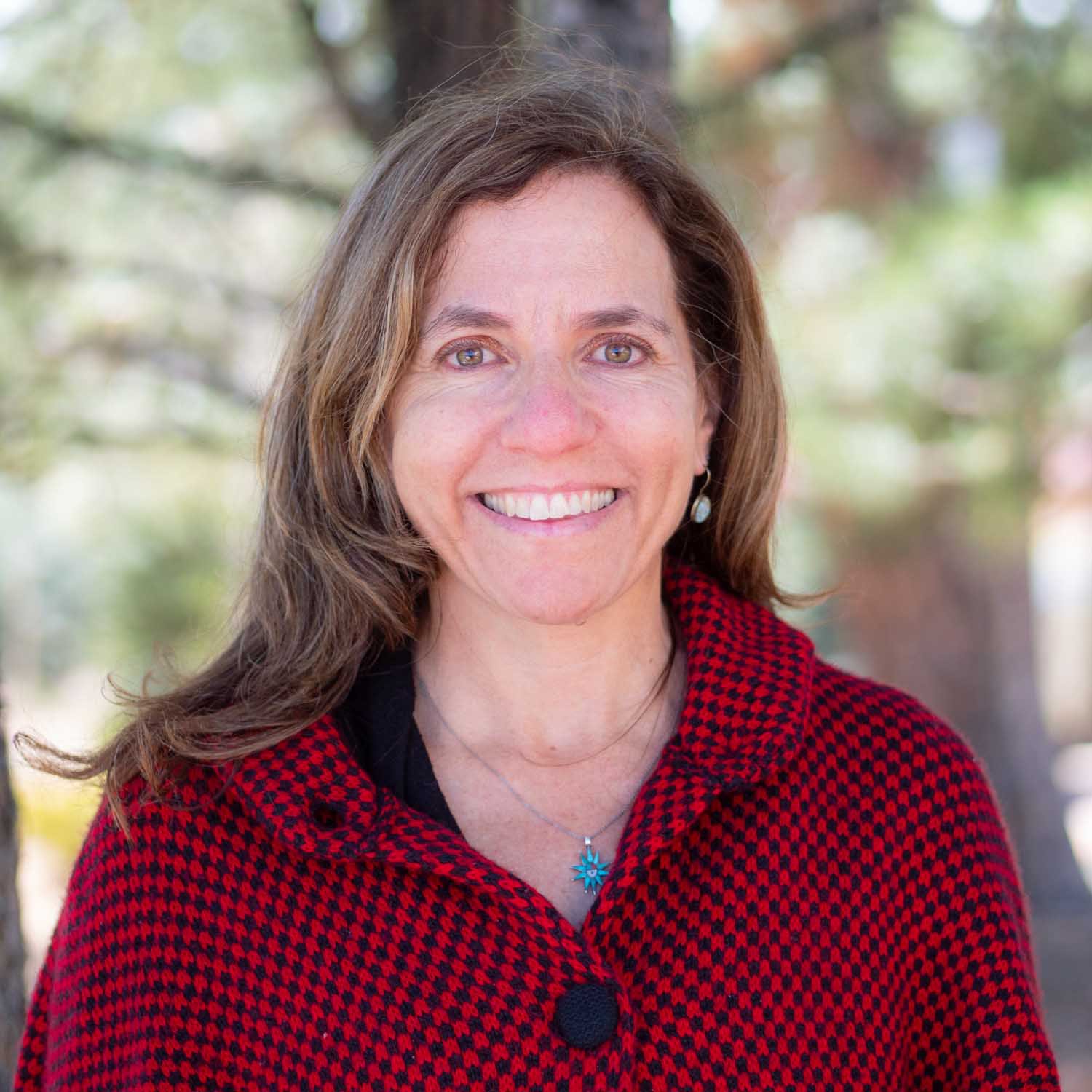At CPR, our Member Scholars are integral to our research and advocacy work, driving our organization to address some of the most pressing issues facing our country. As the climate crisis grows increasingly urgent, it’s no surprise that President Joe Biden has invited four CPR scholars — leaders in climate and energy justice, natural resources, and environmental law — to serve in his administration.
These scholars are on leave from CPR while serving in the administration. Below, we highlight their new appointments and past contributions to CPR.

Shalanda H. Baker, Secretarial Advisor on Equity, and Deputy Director for Energy Justice, U.S. Department of Energy
A leading expert in climate, energy, and justice, Baker is making history as the nation's first-ever deputy director for energy justice at the Energy Department. Her role as deputy director is to ensure that the burdens and benefits of energy projects are equitably distributed across communities. Baker’s success in this position is made evident by her recent nomination to be promoted to Director of the Office of Minority Economic Impact.
As a CPR Member Scholar, Baker contributed to CPR’s 2020 report on a just transition to a clean energy economy and its accompanying video series. Baker is the co-founder and former co-director of the Initiative for Energy Justice, which provides law and policy resources to advocates and policymakers pushing for an equitable transition to renewable energy. She is also the author of Revolutionary Power: An Activist’s Guide to the Energy Transition.
Before her appointment to the Energy Department, Baker taught law, public policy, and urban affairs at Northeastern University in Boston and worked with the university’s Global Resilience Institute in energy justice, renewable energy development, and Indigenous rights. Baker earned her bachelor’s degree in political science from the U.S. Air Force Academy, her law degree from Northeastern University, and master’s in law from the University of Wisconsin.

Maxine Burkett, Senior Advisor with the Office of the Special Presidential Envoy for Climate, U.S. Department of State
In her new position, Burkett supports former Secretary of State John Kerry in his role as the first-ever foreign policy envoy tasked with leading global diplomatic engagement on climate change.
As a CPR scholar, Burkett contributed to a number of reports and participated in our 2020 webinar on the effects of climate migration on labor and communities and contributed to this year’s blog series on Women’s History Month.
Burkett’s appointment follows her role as a law professor at the University of Hawai'i in Manoa. At UHM, Burkett specialized in law and policy related to oceans, climate change, climate migration, and international environmental governance and wrote extensively about the impacts of climate change on frontline communities.
Burkett also led early efforts to promote adaptation to climate change in the Pacific Islands as director of the Center for Island Climate Adaptation and Policy, where she provided program and policy support to local governments. She studied at Williams and Exeter colleges and Oxford University, and received her law degree from the University of California at Berkeley.

Sarah Krakoff, Deputy Solicitor for Parks and Wildlife, U.S. Department of the Interior
Having dedicated her career to environmental and justice work, Krakoff now serves as a representative of the U.S. National Park Service and the U.S. Fish and Wildlife Service under Interior Secretary Deb Haaland.
Before her appointment, she contributed to CPR’s 2020 report on a just transition to a clean energy economy and participated in our 2021 Women’s History Month blog series.
While working with CPR, Krakoff taught law at the University of Colorado Law School, where she specialized in Native American and natural resources law and environmental justice. Krakoff directed the American Indian Law Clinic at Colorado University and ensured its permanent future funding. She is also founder of the Acequia Assistance Project, which provides low- and no-cost legal assistance and educational resources to Colorado communities that depend on acequias, or ditches, for communal sources of water. Krakoff earned her law degree at the University of California at Berkeley and her bachelor’s degree at Yale University.

Emily Hammond, Deputy General Counsel for Litigation and Enforcement, U.S. Department of Energy
Hammond’s leadership role at the Energy Department follows a long history of work at the intersection of law, policy, and the environment.
At CPR, Hammond co-authored a number of reports, including a brief on an appellate court decision upholding a key regulatory initiative to protect the Chesapeake Bay and a report on proposed reforms to laws regulating exposure to toxic chemicals.
Previously, Hammond served as senior associate dean for academic affairs and professor of law at George Washington University, where they specialized in energy, environmental, and administrative law. Their research and policy work centered on issues ranging from transparency and public participation in the regulatory process to mitigation of climate change. Hammond is also a former environmental engineer, having earned a bachelor’s degree in civil engineering from Virginia Tech in addition to their law degree from the University of Georgia.
These scholars’ appointments are well earned. Though their contributions to CPR will be missed, we know that they carry with them CPR’s vision of thriving communities on a resilient planet. We wish them well in their new roles!
